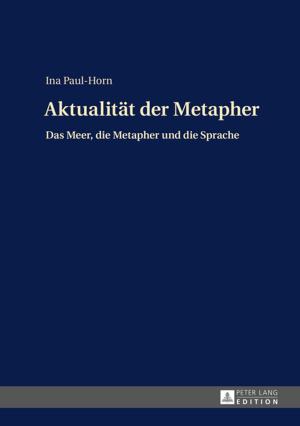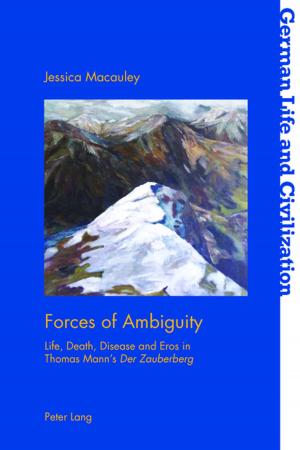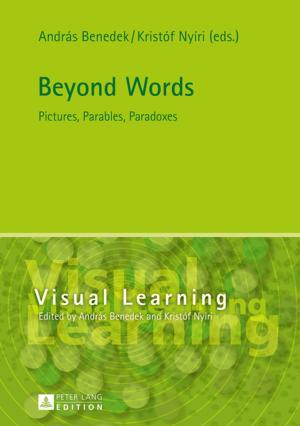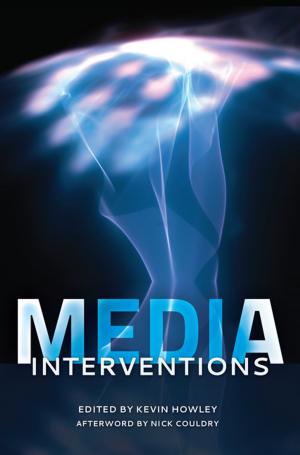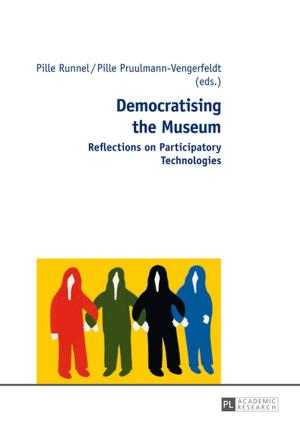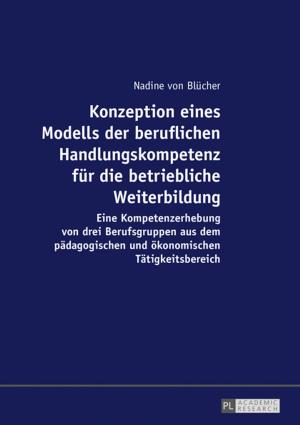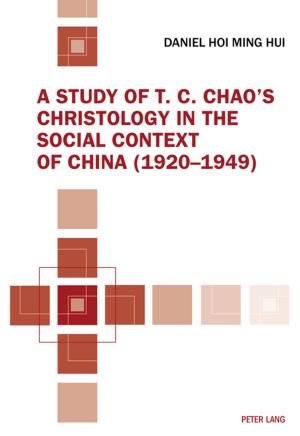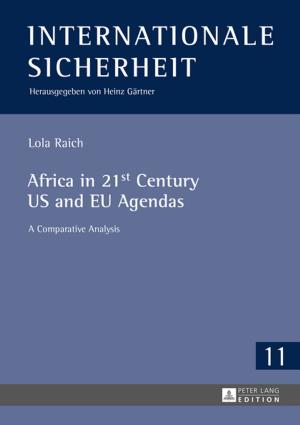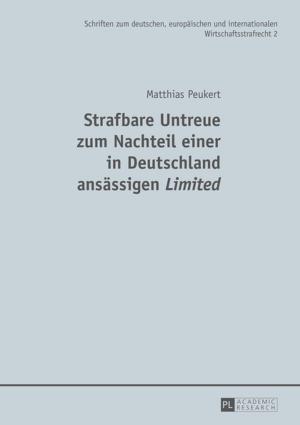The Ecological Heart of Teaching
Radical Tales of Refuge and Renewal for Classrooms and Communities
Nonfiction, Computers, Advanced Computing, Computer Science, Reference & Language, Education & Teaching, Educational Theory, Educational Reform, Administration| Author: | ISBN: | 9781433135521 | |
| Publisher: | Peter Lang | Publication: | July 28, 2016 |
| Imprint: | Peter Lang Inc., International Academic Publishers | Language: | English |
| Author: | |
| ISBN: | 9781433135521 |
| Publisher: | Peter Lang |
| Publication: | July 28, 2016 |
| Imprint: | Peter Lang Inc., International Academic Publishers |
| Language: | English |
The Ecological Heart of Teaching is a collection of writings by teachers about their life in classrooms. Reflecting over three years of collective work, it illustrates how teachers, parents, and students can avoid some of the distractions and panic endemic to many schools, allowing them to focus thoughtfully on rigorous, beautiful work. It draws on ecological thinking, Buddhism, and hermeneutics to provide deeper, richer, and more abundant sources for teaching, thinking, and practice, and shows how these three lineages provide keys to decode the current malaise that surrounds schooling. The book will be valuable to beginning and experienced teachers and administrators, as well as to parents and anyone involved in stepping away from the exhausting industrial images and ideas that have turned schooling into an ecological and intellectual disaster. For those interested in interpretive research and life-writing, the book provides a wide array of examples; it is a valuable resource for undergraduate classes in curriculum and teaching, as well as graduate research methods courses interested in new forms of thinking and writing.
The Ecological Heart of Teaching is a collection of writings by teachers about their life in classrooms. Reflecting over three years of collective work, it illustrates how teachers, parents, and students can avoid some of the distractions and panic endemic to many schools, allowing them to focus thoughtfully on rigorous, beautiful work. It draws on ecological thinking, Buddhism, and hermeneutics to provide deeper, richer, and more abundant sources for teaching, thinking, and practice, and shows how these three lineages provide keys to decode the current malaise that surrounds schooling. The book will be valuable to beginning and experienced teachers and administrators, as well as to parents and anyone involved in stepping away from the exhausting industrial images and ideas that have turned schooling into an ecological and intellectual disaster. For those interested in interpretive research and life-writing, the book provides a wide array of examples; it is a valuable resource for undergraduate classes in curriculum and teaching, as well as graduate research methods courses interested in new forms of thinking and writing.


